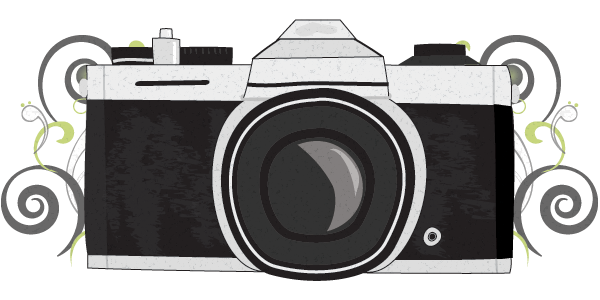5 Simple Tips to Increase Your Standard of Living
These days it seems like it’s hard to make it from one paycheck to another, but for people on a fixed income, just making it from one month to another is even more difficult. After paying for the necessities like rent (or mortgage) and utilities, sometimes there isn’t much left for food and other items labeled “discretionary” or “extras.”
But there are ways to increase your standard of living. In other words, there are some ways to fix or adjust your income when you thought it was fixed and it couldn’t get any better. Here are 5 tips to fine-tune your budget and get more on your fixed income. Start with the basics.
#1 Water is essential, but why pay more?
No one over 50 ever imagined that we would have to one dollar or more for a glass of water to drink. If you buy only one small bottle of water each day, that could cost you $30 a month or more. Most cities in the U.S. meet federal standards and tap water is safe to drink, so why pay more? If the taste is disagreeable to your palate, try adding a few drops of squeezed lemon to your glass.
If you still crave bottled water, buy it in bulk when it’s on sale, or fill up a gallon yourself from a certified water dispenser for about 25 cents per gallon. Wash out used small bottles and fill it from a gallon in your refrigerator and carry a bottle with you wherever you go. If you eat at a restaurant, order water and ask the waiter for a little lemon with your glass. The savings you amount to more than $400 each year.
#2 The best things in life are sometimes free.
Food is a big item on everyone’s budget, especially on a fixed income. Food banks and food pantries are there for a reason—to assist people when they need it. If you’re having a difficult time making ends meet, visit your local food bank or your church’s food pantry. While the produce and perishable items they have on hand vary according to what is in season, they are usually happy to help with non-perishable items such as rice, beans, and canned or packaged food. Make at least one meal just from the items you get from the food bank or pantry. It may be just what you need to get you until next month.
#3 Yes, we have no bananas.
Fruits and vegetables are often overlooked in a person’s diet, but experts agree that everyone could benefit from adding more fiber and natural foods to your diet. Bananas are a cheap and healthy addition to your diet with loads of vitamins and minerals. So are vegetables like potatoes and carrots. Dust off those old cookbooks and find recipes that ask for cheap fruits and vegetables. Not only will it help you save money and make healthier meals, it may inspire you begin cooking or re-awaken that old desire to be creative in the kitchen.
#4 Be choosy and buy in bulk.
One more tip on food: be selective, plan your menus and shop to find the best buy. If you’re a compulsive consumer, don’t. Even if you put that compulsive item in your shopping cart, stop before you get in line to pay for your purchases. Ask yourself honestly if you really need that item and then put it back before you continue to the cashier’s counter.
When you review items listed in your menu planner, shop for food at 99-cent stores. Many of the items (even brand names) are available for a dollar, less than what you would pay at a regular grocery store. You’ll find spaghetti sauce, pasta and many other items less expensive at a dollar store. In the end, you’ll save money and you won’t have to sacrifice on quality.
#5 Laugh your way all the way to the bank.
The old saying that ‘laughter is the best medicine’ is certainly true. Some studies indicate that laughter can actually lower your blood pressure and other stress factors. Watch a funny movie instead of the depressing details of a news broadcast. Take a walk and go the park and watch children playing on a playground. If you walk and laugh more, chances are you’ll have to spend less on doctor’s visits and prescription medicine. Remember what your mother once told you: ‘nothing is more important than your health.’
There are lots of ways to save money on a fixed income. When you start with the basics—water, food and health—everything else seems secondary. Begin increasing your standard of living today by using these 5 tips to live better on your fixed income.
Copyright 2012 S. R. Morris
